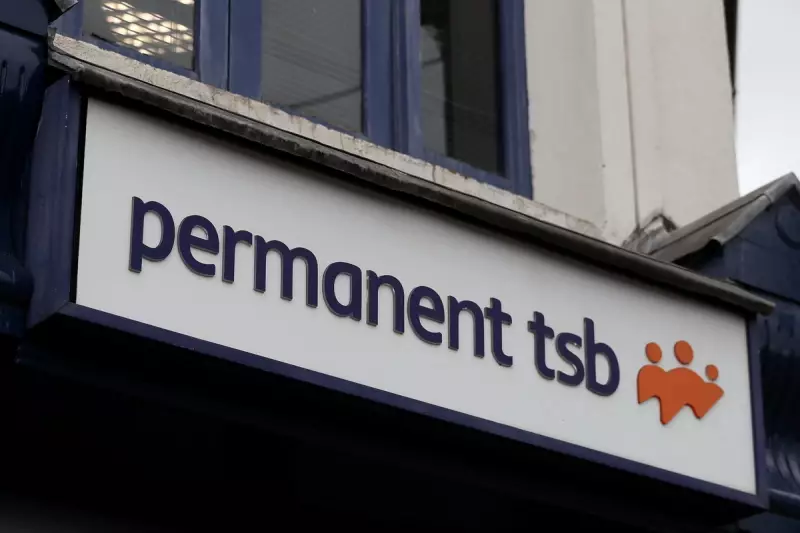
The Irish government is grappling with a severe fiscal crisis as corporate tax revenues have dramatically undershot projections, creating a €13.4bn hole in the nation's finances. New data from the Department of Finance reveals that collections from multinational corporations fell a staggering 25% below expectations in the first half of 2024.
The Scale of the Shortfall
Official figures show corporate tax revenue reached just €12bn between January and June, significantly lower than the €15.4bn anticipated. This represents the most substantial deviation from forecasts in recent Irish economic history and has sent shockwaves through government planning departments.
The shortfall is particularly alarming given that corporate taxes have become Ireland's second-largest revenue source, contributing approximately €24bn annually—roughly one-quarter of all tax income.
What's Driving the Decline?
Finance officials point to several key factors behind the dramatic downturn:
- Weakening global demand for technology products and services
- Reduced profitability among major pharmaceutical companies
- Increased corporation tax losses being claimed by multinational firms
- Broader economic headwinds affecting international trade
The concentration of revenue from a small number of large corporations has left Ireland particularly vulnerable to sector-specific downturns. Just ten companies account for nearly 60% of all corporate tax payments.
Government Response and Economic Implications
Minister for Finance Jack Chambers has acknowledged the seriousness of the situation, stating that "the volatility we've long warned about has materialised in dramatic fashion." The government now faces difficult decisions about spending priorities and may need to reconsider planned investments in public services and infrastructure.
Economists warn that the shortfall could have ripple effects across the Irish economy, potentially affecting everything from healthcare funding to climate action initiatives that rely on stable tax revenues.
Looking Ahead
While officials remain hopeful that revenues may recover in the latter half of the year, the Department of Finance has indicated it's preparing for various scenarios, including the possibility that this represents a structural shift rather than a temporary dip.
The situation underscores Ireland's ongoing challenge in balancing its reliance on multinational corporations with the need for stable, predictable revenue streams to fund essential public services.





